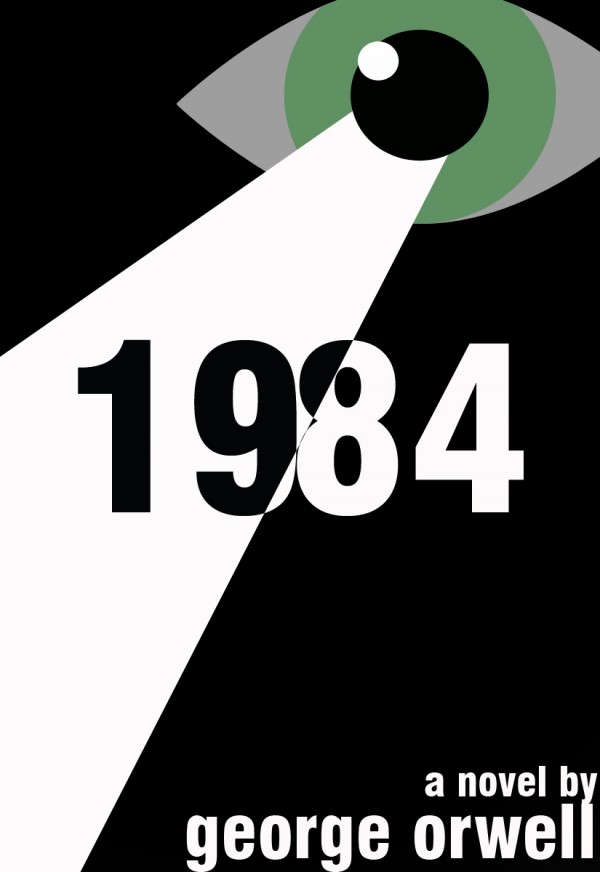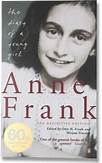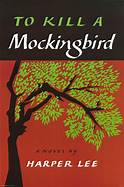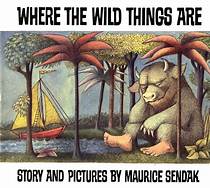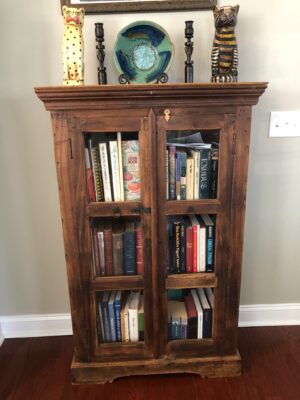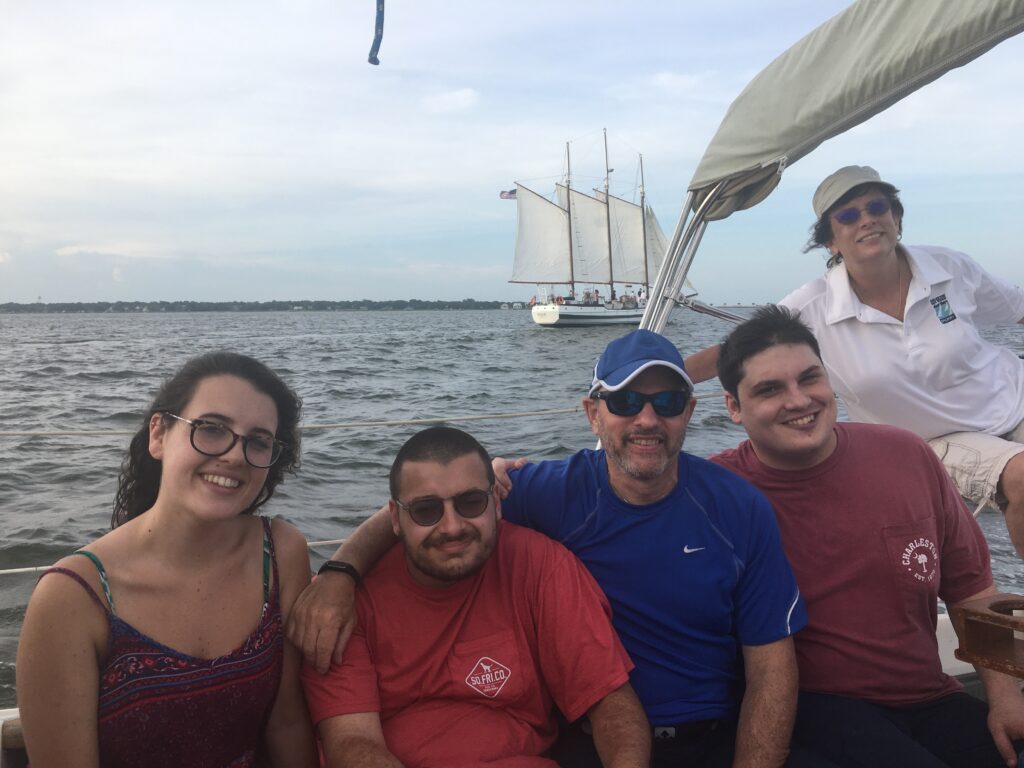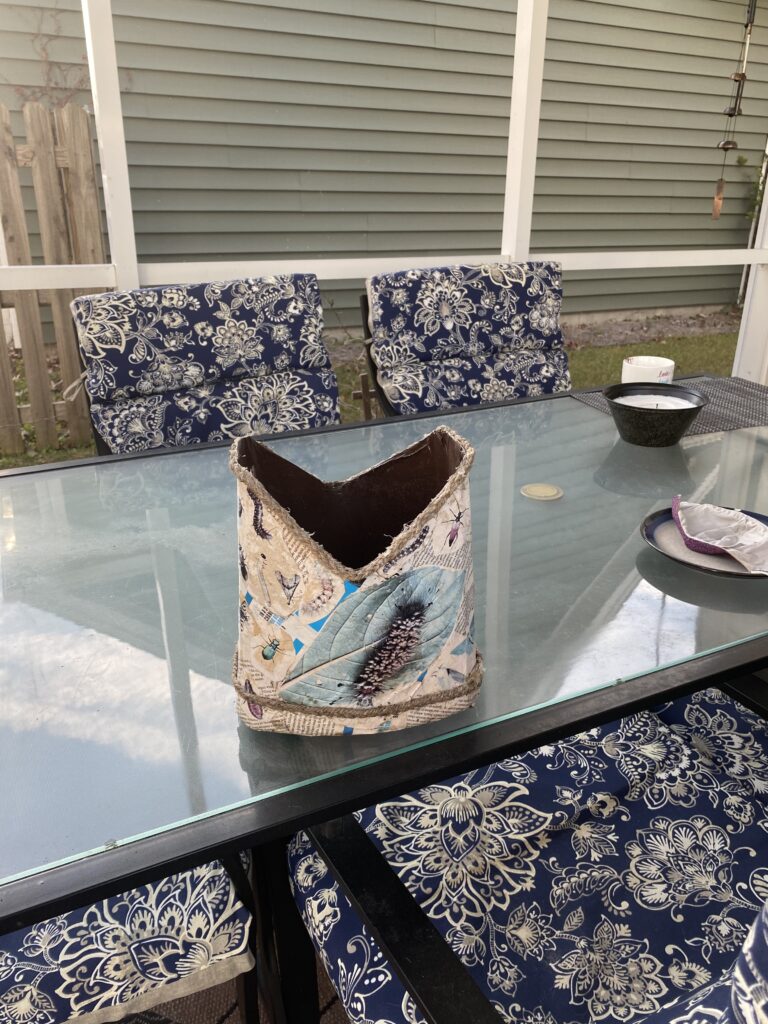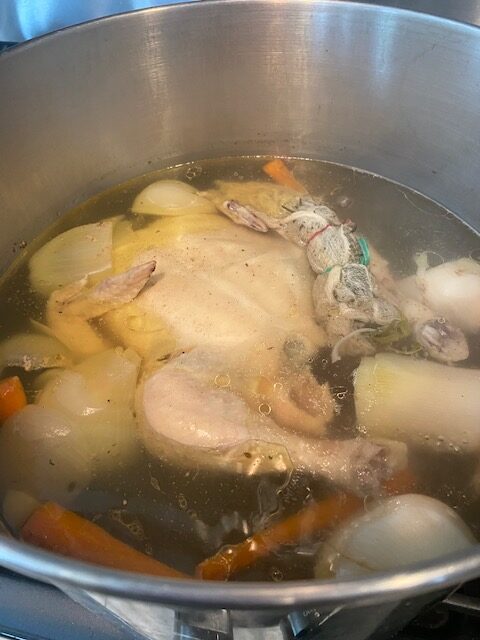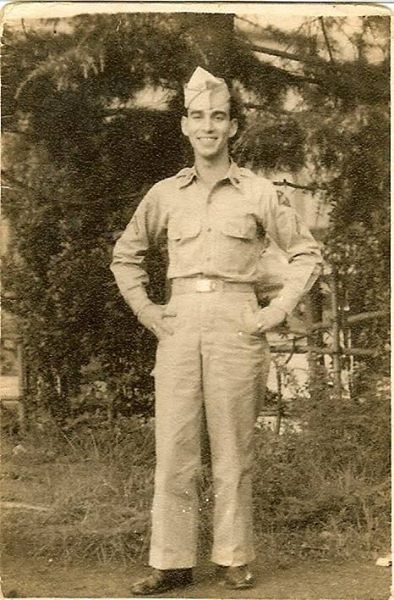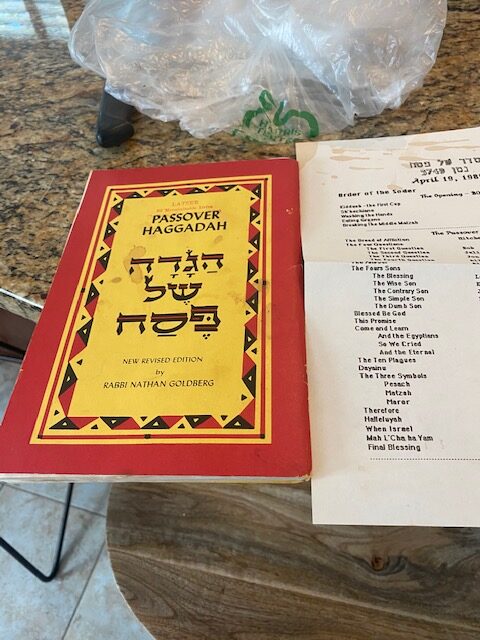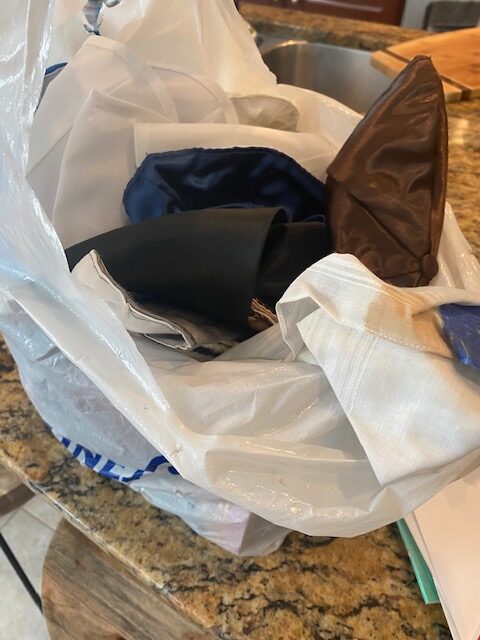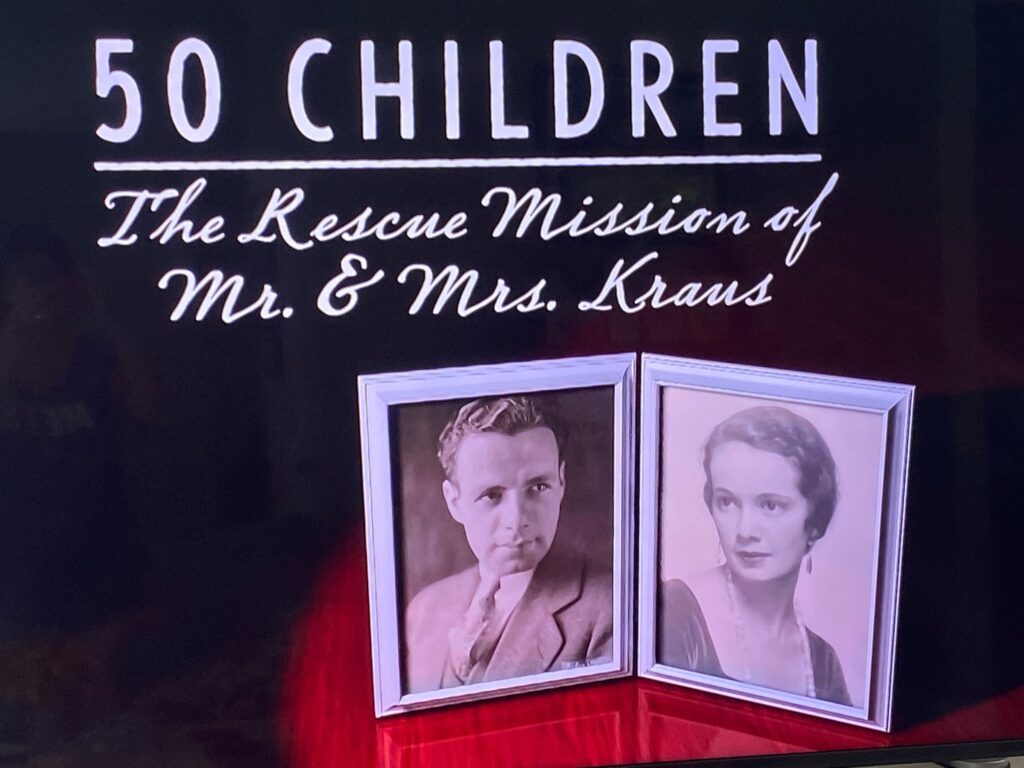
It’s January 1939. Newspaper stories in Philadelphia describe creation of concentration camps and removal of Jewish families from their homes throughout Nazi Germany. Lawyer Gilbert Kraus, wife Eleanor Kraus, and fellow lawyer Lewis Levine decide to rescue 50 children by bringing them to the US. The Kraus’ are parents of two children living in an affluent area of Philadelphia. Even with staunch criticism from friends and Jewish Leaders they proceed with their plan. Dr. Robert Schless, widowed pediatrician with three children, joins the effort.
Great Britain has taken in more than 10,000 children. In the US, Congress proposes the Wagner’s Rogers Bill to admit refuges to America. But with pending entry into WWII, President Roosevelt will not sign the bill; saving Jews was not a priority. Gilbert meets with Under Secretary of State George Messersmith in Washington, DC to find out what they need to do to get visas. Back in Philadelphia, Eleanor works tirelessly and convinces 50 families to give homes to these kids.
Imagine going through the tremendous effort to complete paperwork for 50 visas. Then imagine going to Nazi Germany to find out from officials what additional requirements they have to move forward. Imagine asking Jewish families in Vienna to choose which child they will submit an application for, and which children cannot go because of their age, physical health, or psychological demeanor. Imagine being Gilbert, Eleanor, and Dr. Schless who have to look at hundreds of parents and deny them application. Imagine being one of the children who has been is leaving their siblings and parents behind.
On May 4, 1939 the visas are granted in Berlin, Germany. Our heroes go back Vienna to collect the children at the train station. Imagine being one of the solemn-faced fathers or hopeful-nurturing mothers who bring their children to the train. Imagine not being able to wave good-bye to your child because the wave is against the law for Jews since it is considered a salute to Adolph Hitler, with a penalty is death.
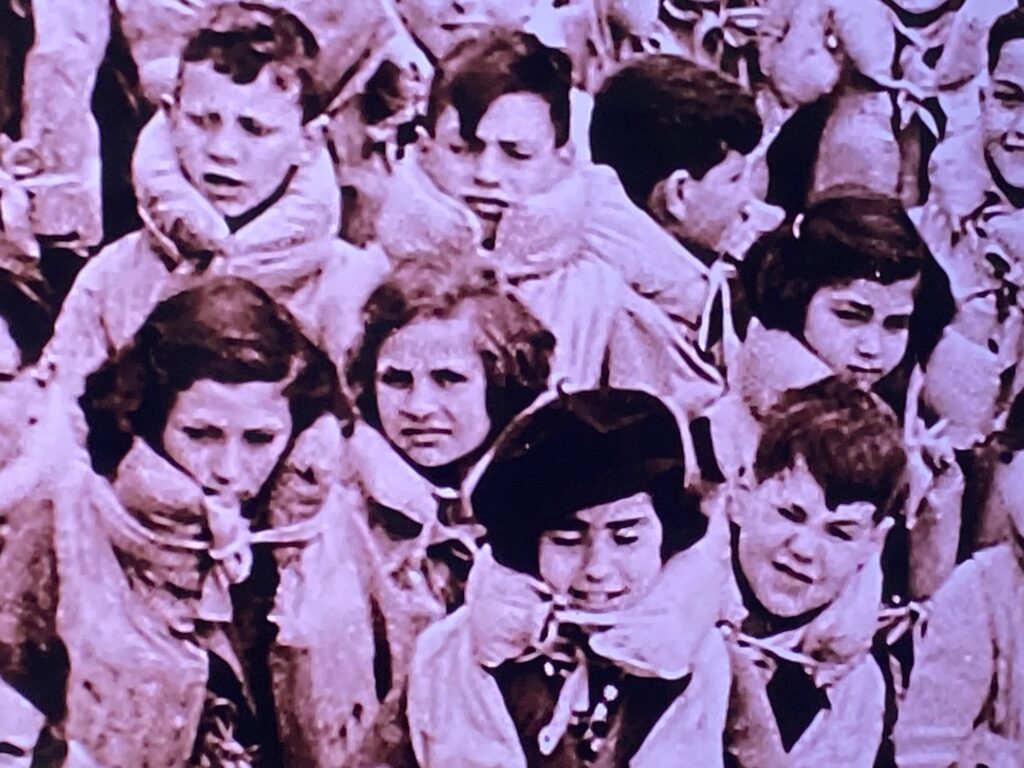
Many of the families of these children were able to get visas to the USA after their children were settled. Imagine the generations of Jewish families who have grown because of the selfless efforts of these heroes – Gilbert Klaus, Eleanor Klaus, Lewis Levine, and Dr. Robert Schless. Honor them this Mother’s Day. They saved these lives with grave danger to themselves knowing they may never see the faces of their own children again. They sacrificed their money, their reputations, and their safety completing their venture.
Thank you to HBO Documentaries, the US Holocaust Memorial Museum, and Steven Pressmen for sharing their story.

